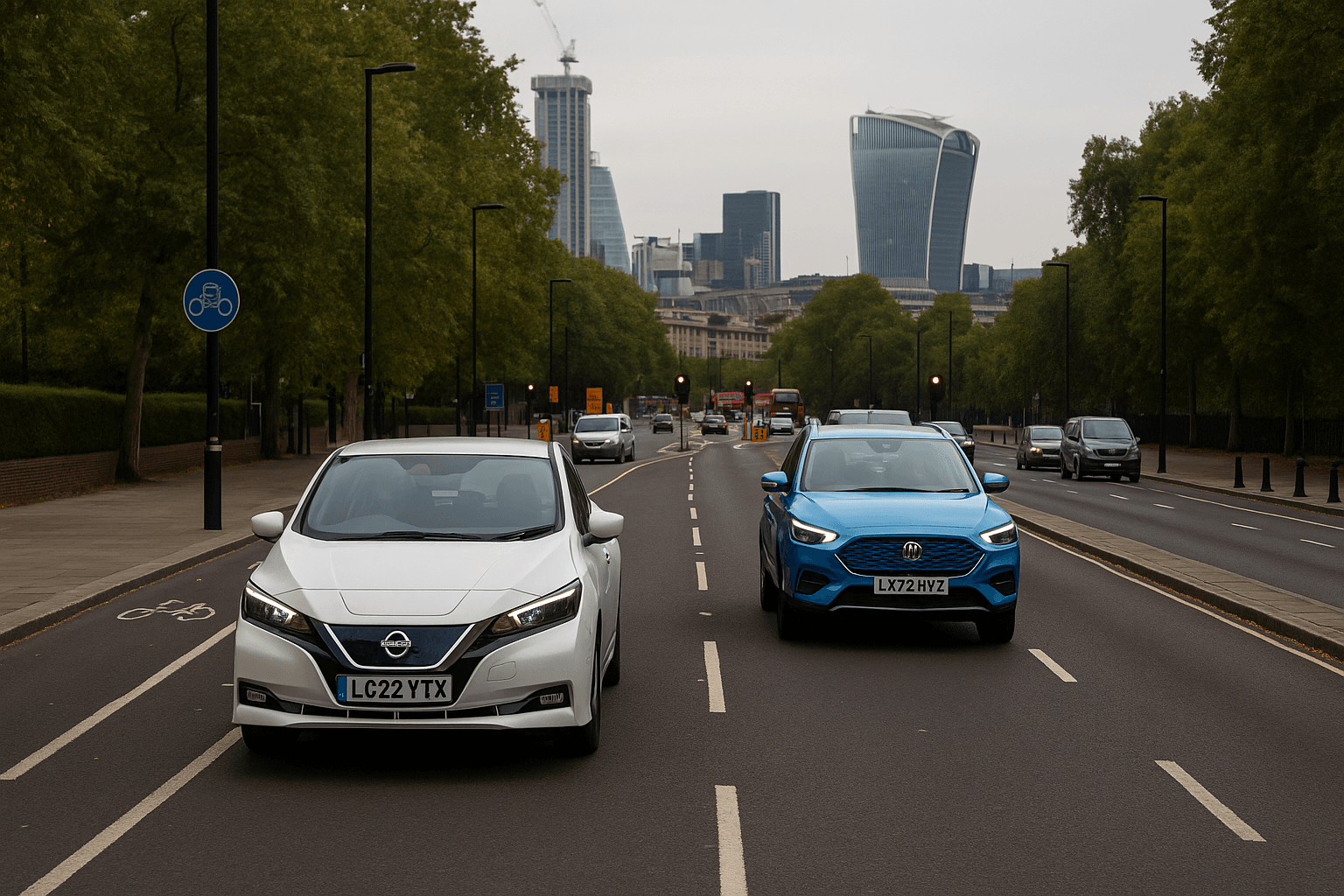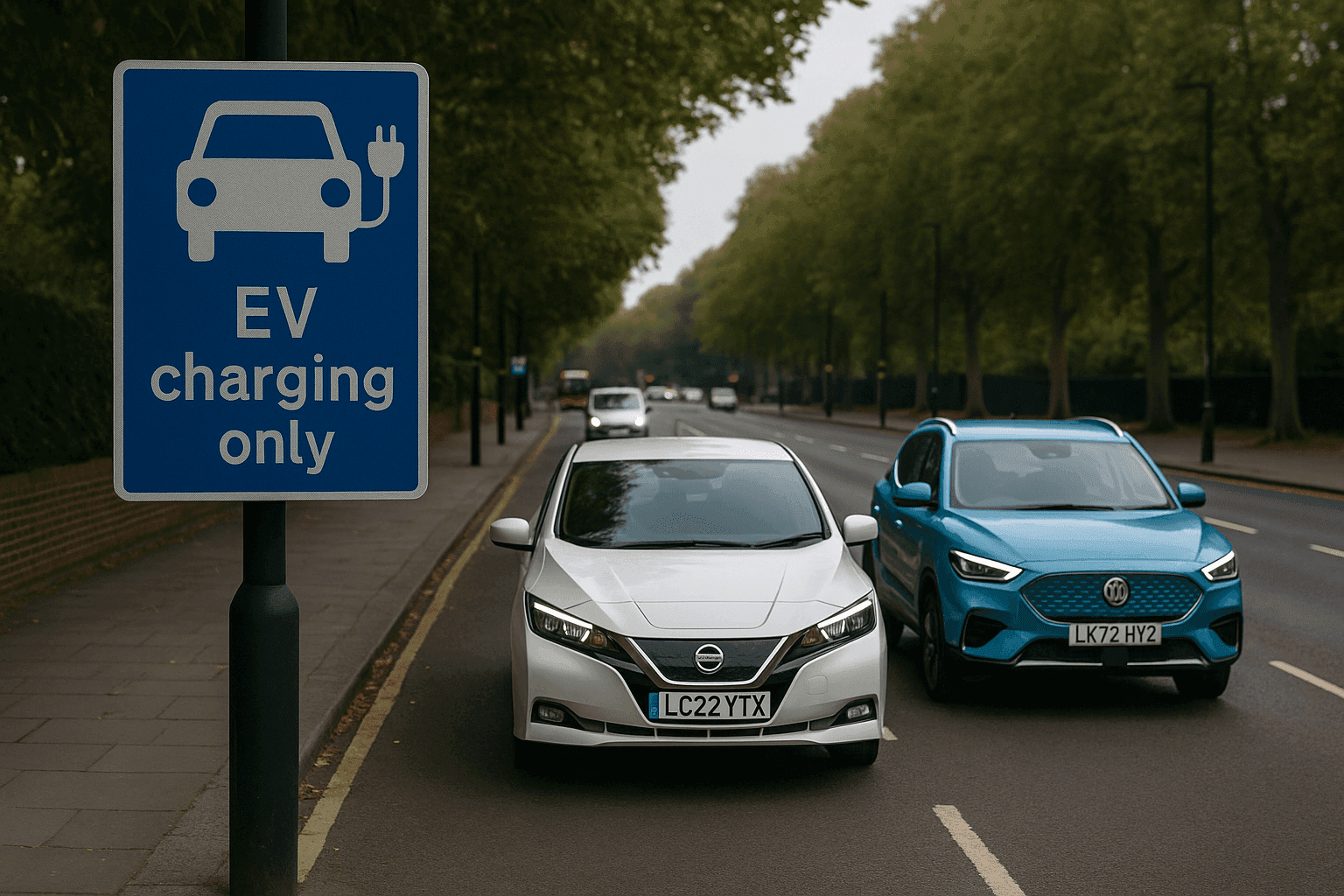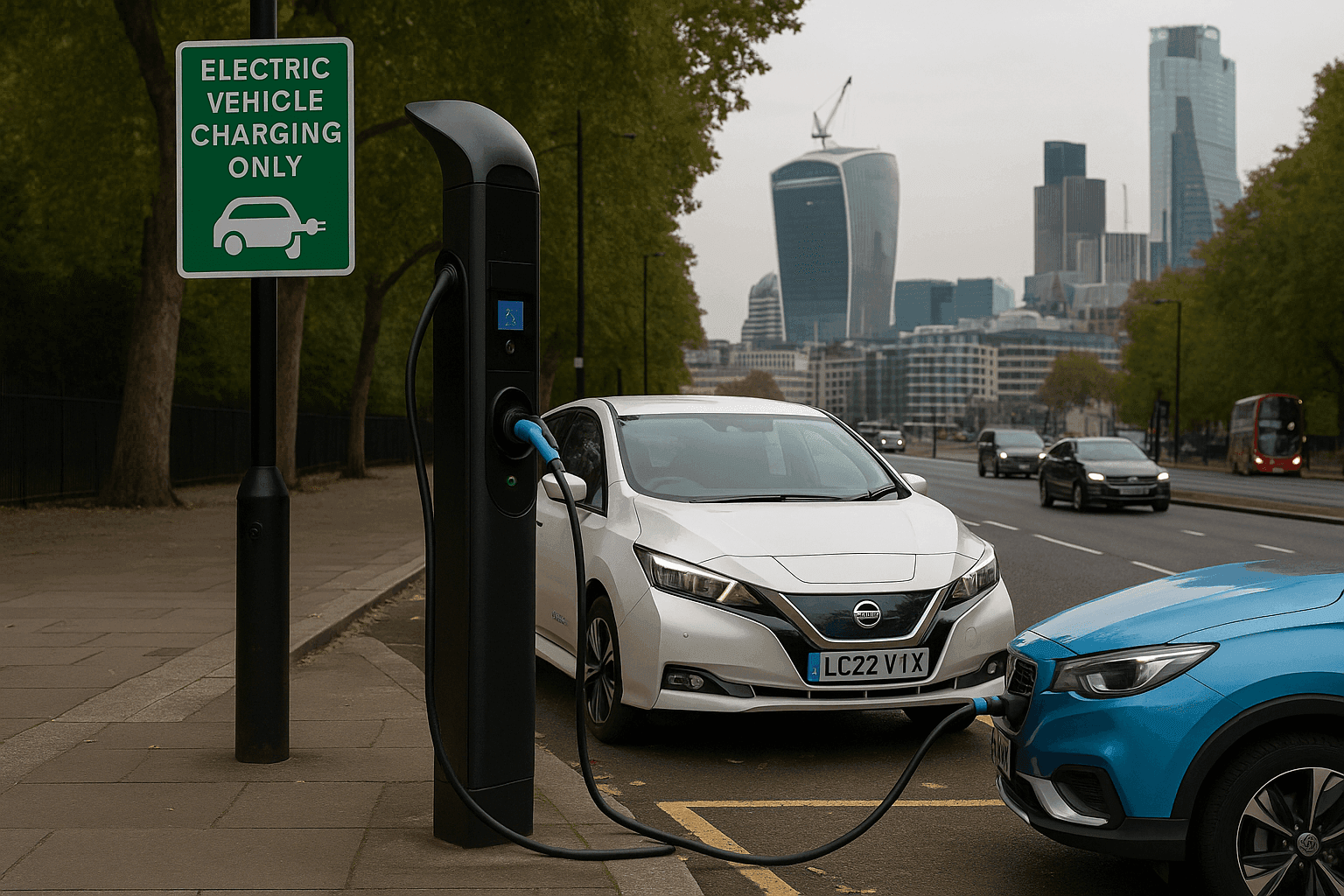
Vehicle Safety Regulations UK 2025: How They Affect Road Traffic Accident Claims
The vehicle safety regulations UK 2025 are set to reshape how road traffic accident claims work. If you’ve been in a car accident in the UK, these new laws will influence who is responsible, how compensation is calculated, and what safety standards vehicles must follow. From electric vehicles to vehicle excise duty changes, and new driver certificate rules, there’s a lot to understand.
In this guide, Prime Legal Solicitors explains the biggest updates, how they impact vulnerable road users, and what steps to take if you plan to make a claim in 2025.
What’s Changing Under the Vehicle Safety Regulations UK 2025

From April 2025, all new cars and commercial vehicles must meet stricter safety rules under the UK’s safe system. These changes aim to reduce collisions, particularly involving HGVs and vans, by improving visibility, automation, and driver awareness on UK roads.
- Automatic Emergency Braking (AEB)
- Intelligent Speed Assistance (ISA)
- Driver Drowsiness Alerts
- Direct Vision improvements for larger vehicles
This safe system approach focuses on preventing serious injuries and deaths, especially among vulnerable road users such as cyclists and pedestrians.
Electric Vehicles and the Vehicle Safety Regulations UK 2025
As part of the UK’s sustainability goals, the government promotes electric vehicles and zero-emission vehicles. From June 2025, anyone with a Category B licence can drive an electric or hydrogen vehicle up to 4,250 kg MAM. Previously, the limit was 3,500 kg.
This rule encourages greener transport and supports the move toward cleaner energy. However, it also affects insurance and accident claims. For instance, if an electric vehicle’s battery or automation system fails, that may impact liability and compensation.
Prime Legal Solicitors has extensive experience with claims involving advanced vehicle technology and automation. We help clients secure fair compensation when new technology complicates their case.
Vehicle Excise Duty (VED) and Road Tax Changes

Starting in April 2025, electric vehicles will no longer be exempt from vehicle excise duty (VED). They will now pay the same basic tax rate as petrol and diesel cars. This change aligns with the government’s long-term plan to balance road tax fairness and UK transport funding.
While this rule doesn’t directly change the accident-claims process, it affects car ownership costs and may influence how insurers calculate risk and compensation.
Driver Certificate and Professional Competence Updates
Professional drivers including HGV and van operators must now update their Driver Certificate of Professional Competence (CPC) more frequently. The training includes:
- Safe system awareness
- Direct vision standard compliance
- Understanding how to protect vulnerable road users
The Driver and Vehicle Standards Agency (DVSA) and Driver and Vehicle Licensing Agency (DVLA) continue improving training services and safety standards across the transport sector.
Direct Vision Standard (DVS) and Safe System for HGVs
The Direct Vision Standard (DVS) and Safe System requirements are expanding across the UK. These rules improve how much drivers of commercial vehicles and HGVs can see, helping prevent accidents with vulnerable road users. Vehicles that don’t meet these visibility standards could be fined or restricted from city access.
By improving visibility and technology, these updates aim to reduce collisions and fatalities. Fleet owners who fail to comply may also face stronger liability in future accident claims.
Frequently Asked: New Driving Rules and Regulations
- DVSA rule (April 2025): Learners must give 10 full working days’ notice to change or cancel a driving test.
- Licence changes (June 2025): Drivers can operate electric or hydrogen vehicles up to 4,250 kg MAM with a standard licence.
- Classic vehicle registration updates (August 2025): The DVLA is simplifying the registration process.
- Health standards (October 2025): Drivers aged 70+ must meet new vision and medical checks.
What Are the New Driving Rules in 2025?
The 2025 rules extend cancellation notice periods, expand electric-vehicle limits, and tighten driver-compliance checks to make roads safer.
What Are the New DVLA Rules for August 2025?
Updates include easier registration for classic vehicles, new licence-exchange agreements, and medical checks for older drivers.
What Are the DVSA Changes for 2025?
The DVSA is reforming test procedures, improving booking fairness, and focusing on rural-road driving safety.
What Are the New DVLA Rules June 2025?
The June updates focus on electric-vehicle licensing, early vehicle excise duty reform, and public awareness of automation.
Vulnerable Road Users and the Safe System Approach
The safe system protects vulnerable road users such as pedestrians, cyclists, and motorcyclists. Under this principle, responsibility is shared by all drivers, manufacturers, and policymakers. When safety standards are ignored, liability often falls on the party that failed to prevent harm.
Prime Legal Solicitors applies this modern legal approach in every accident case. We work to ensure victims receive full and fair compensation.
Automation, Information, and Data Services
New vehicle technology collects important information such as speed, braking, and steering data. Lawyers can use these details to prove fault and improve the accuracy of accident reconstructions.
At Prime Legal Solicitors, we combine vehicle data and expert analysis to build strong claims. This modern approach ensures your experience is supported by evidence and clarity.
Contact an Expert Solicitor Today
If you’ve been injured in a road traffic accident or need guidance about the vehicle safety regulations UK 2025, our legal team is here to help. Prime Legal Solicitors offers expert advice on car accident claims, driver liability, and compensation.
Call 0330 341 4757 or use our online enquiry form to book a free consultation today.
Are You Looking for
Experienced Attorneys?
Get a free initial consultation right now
